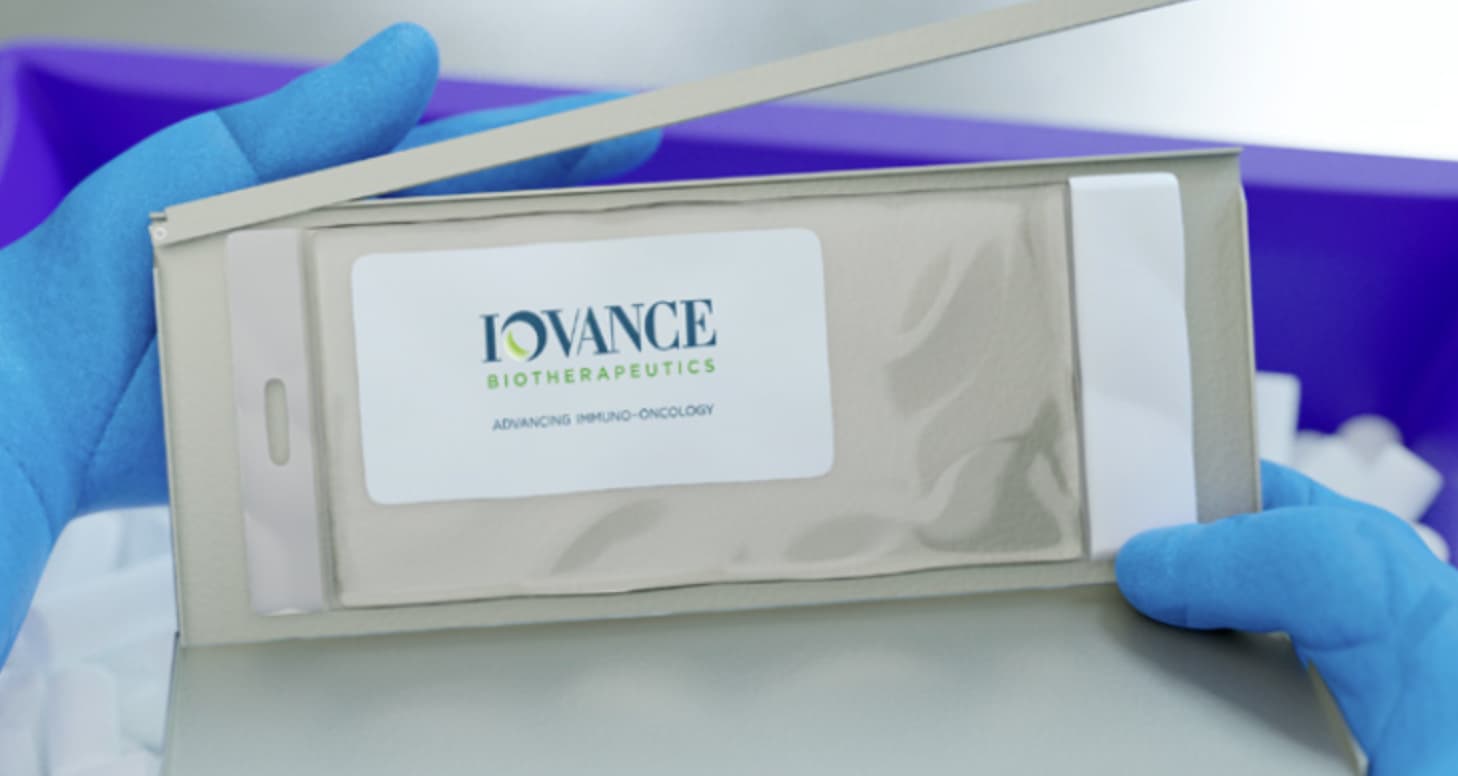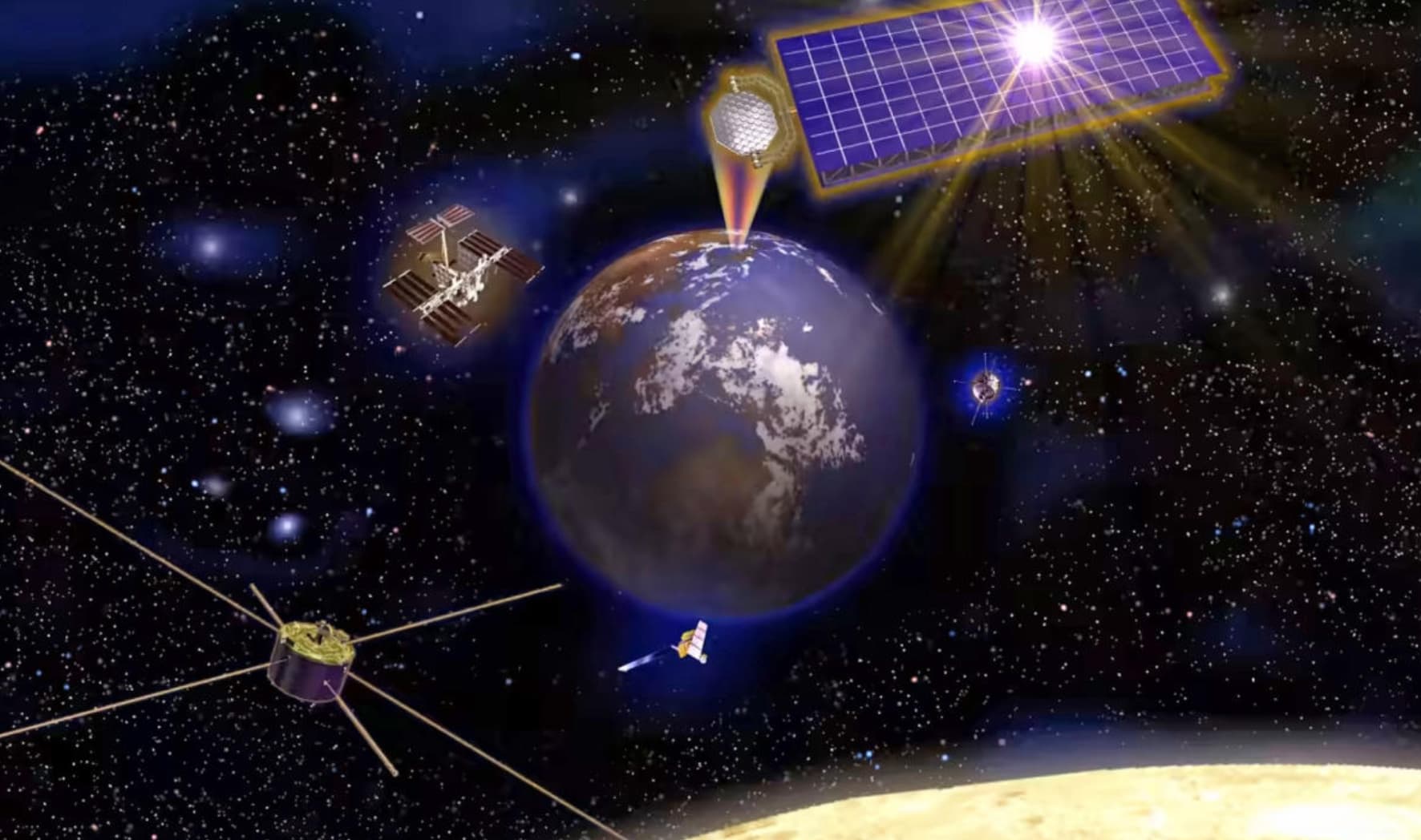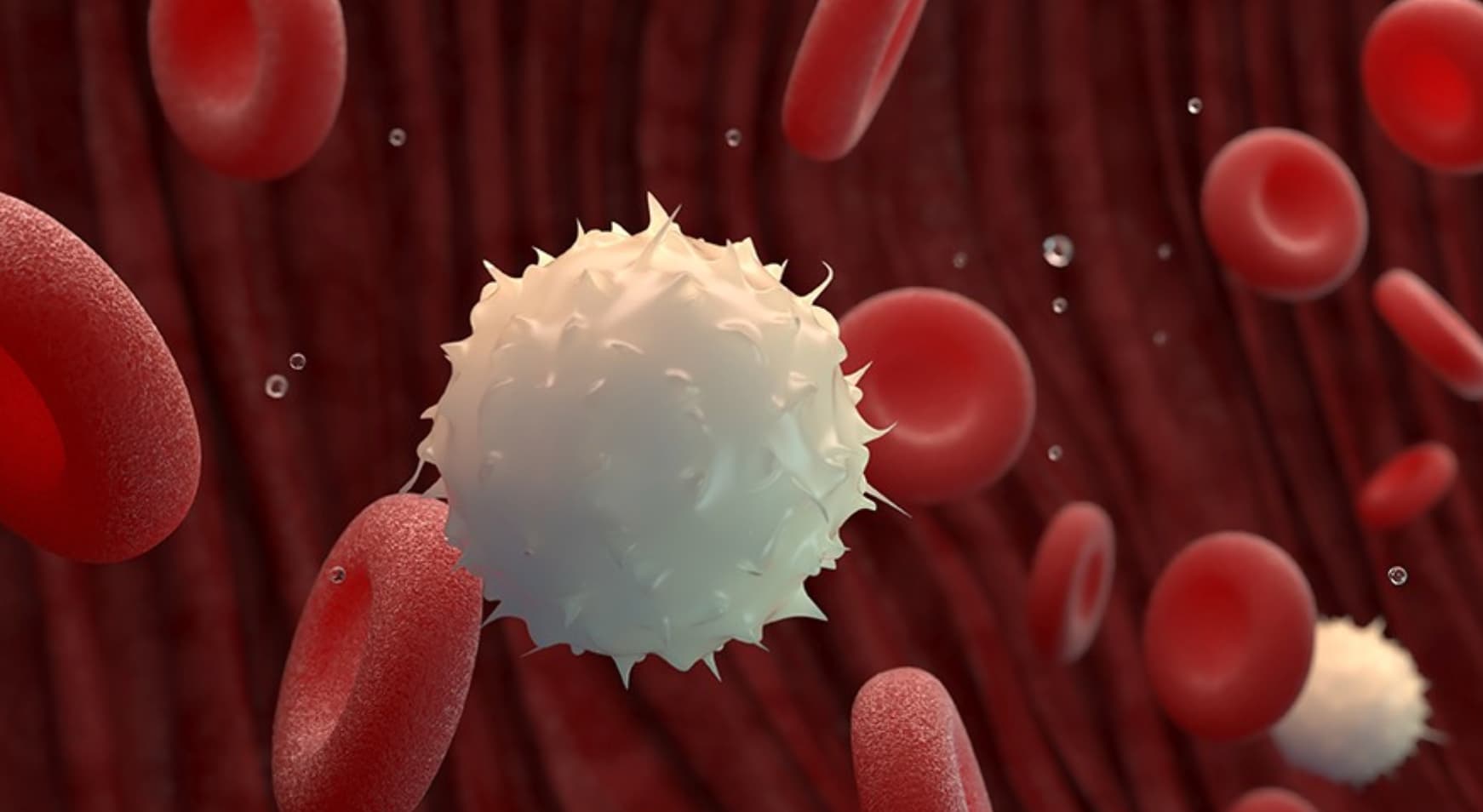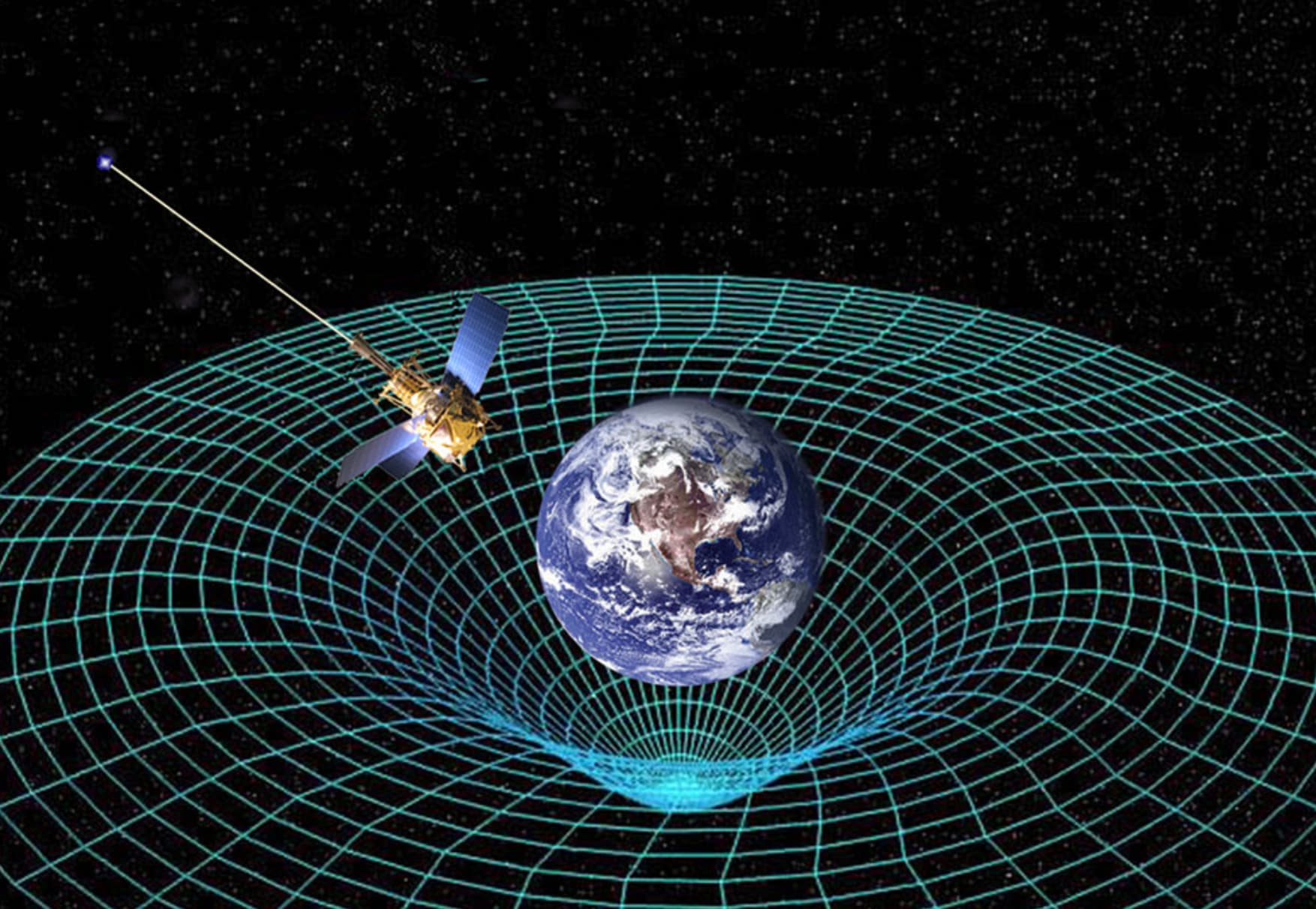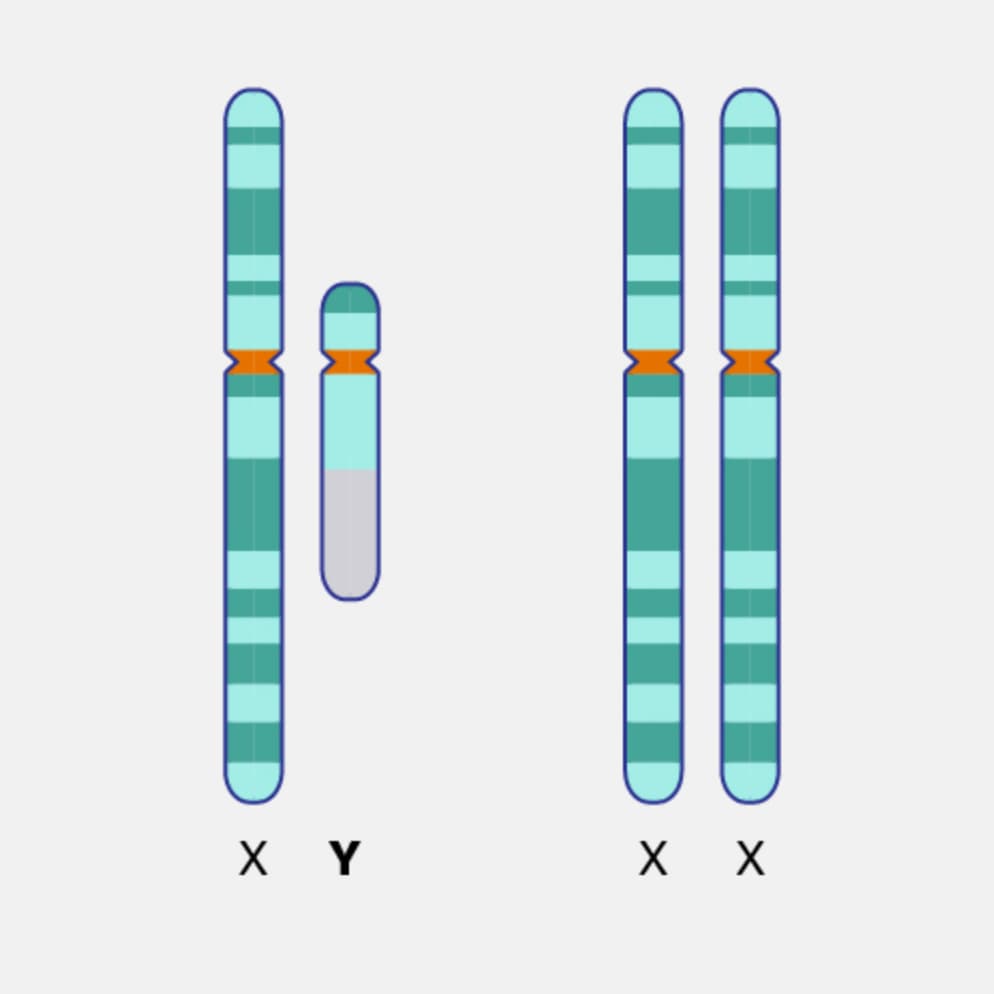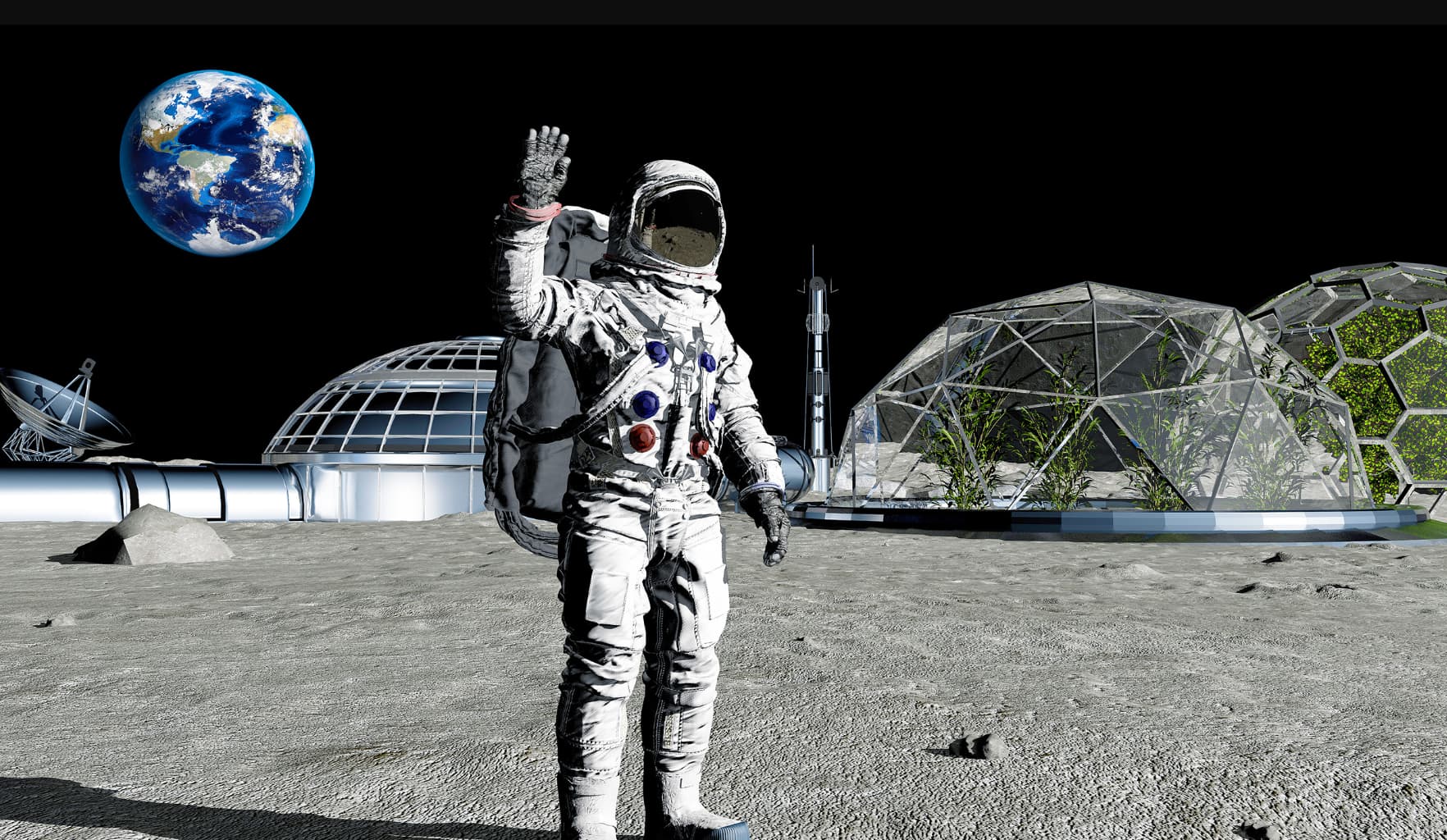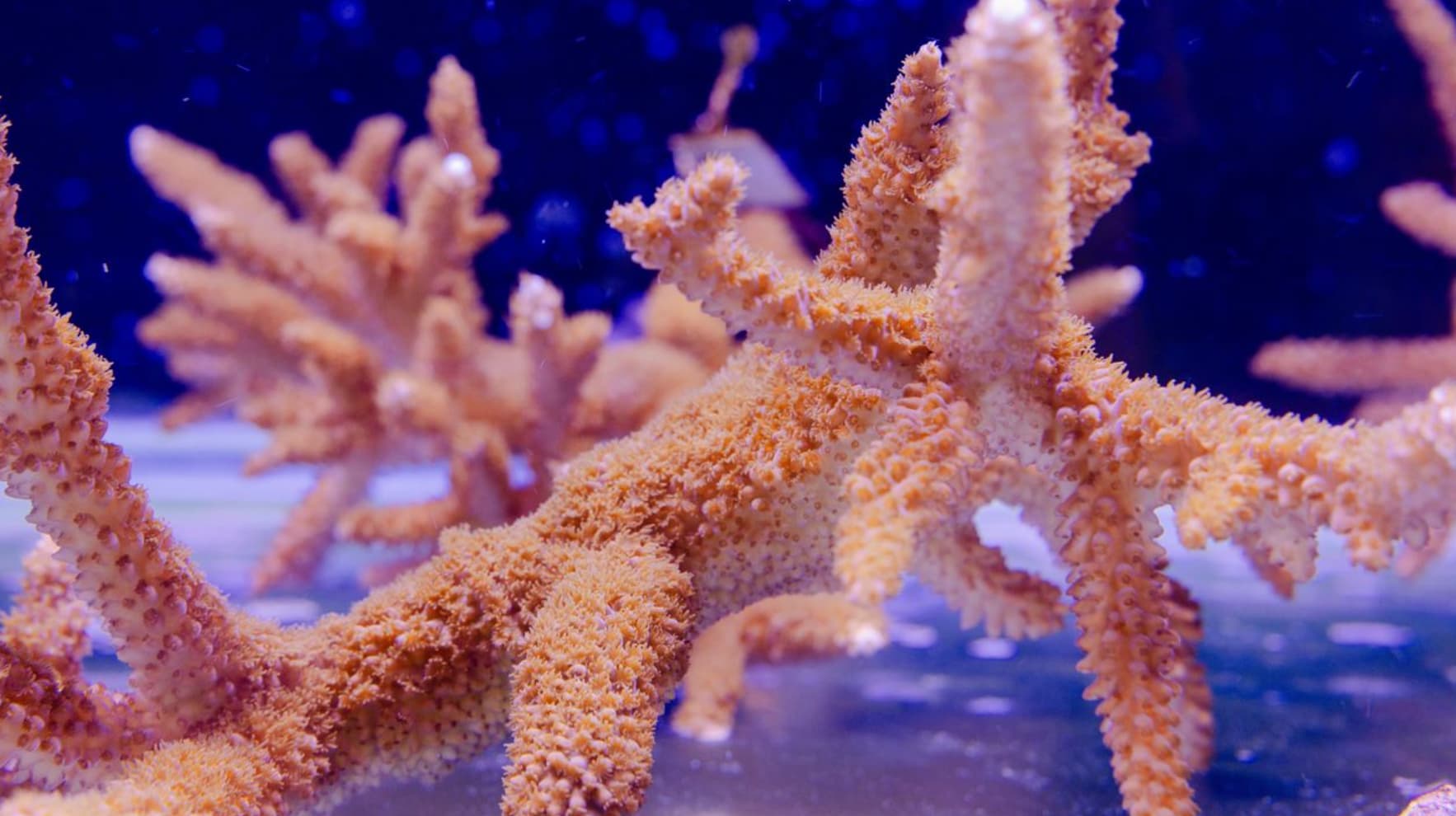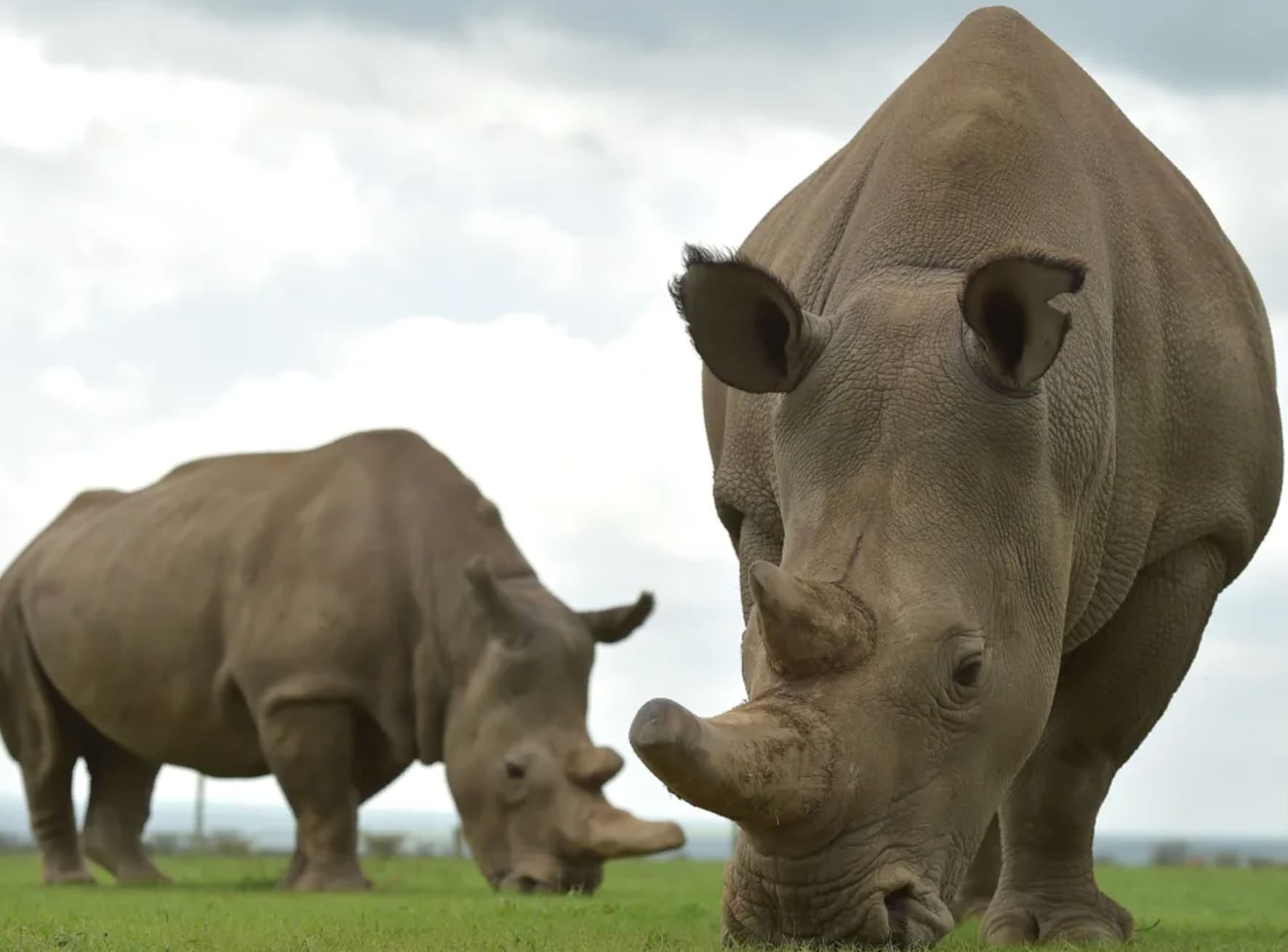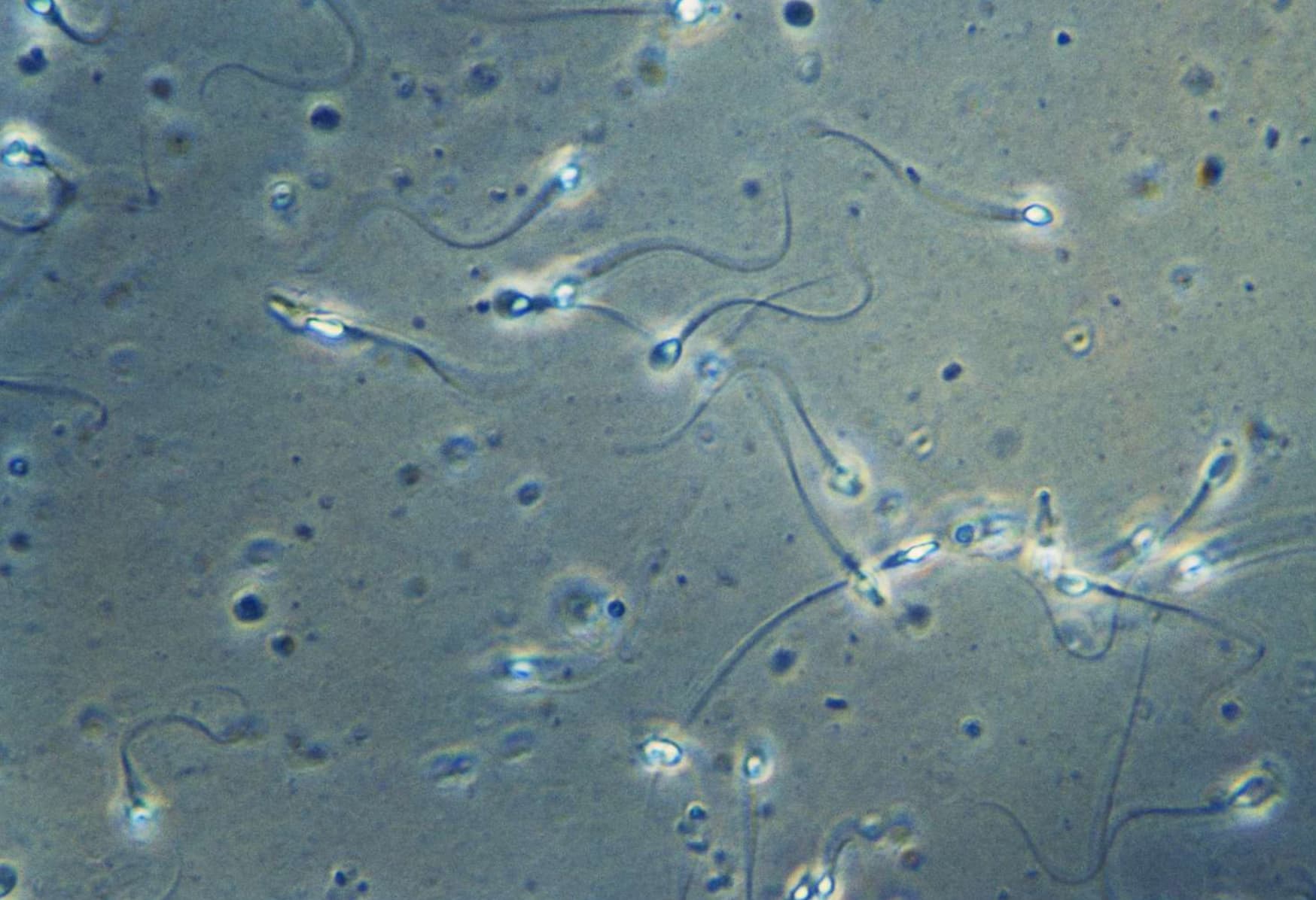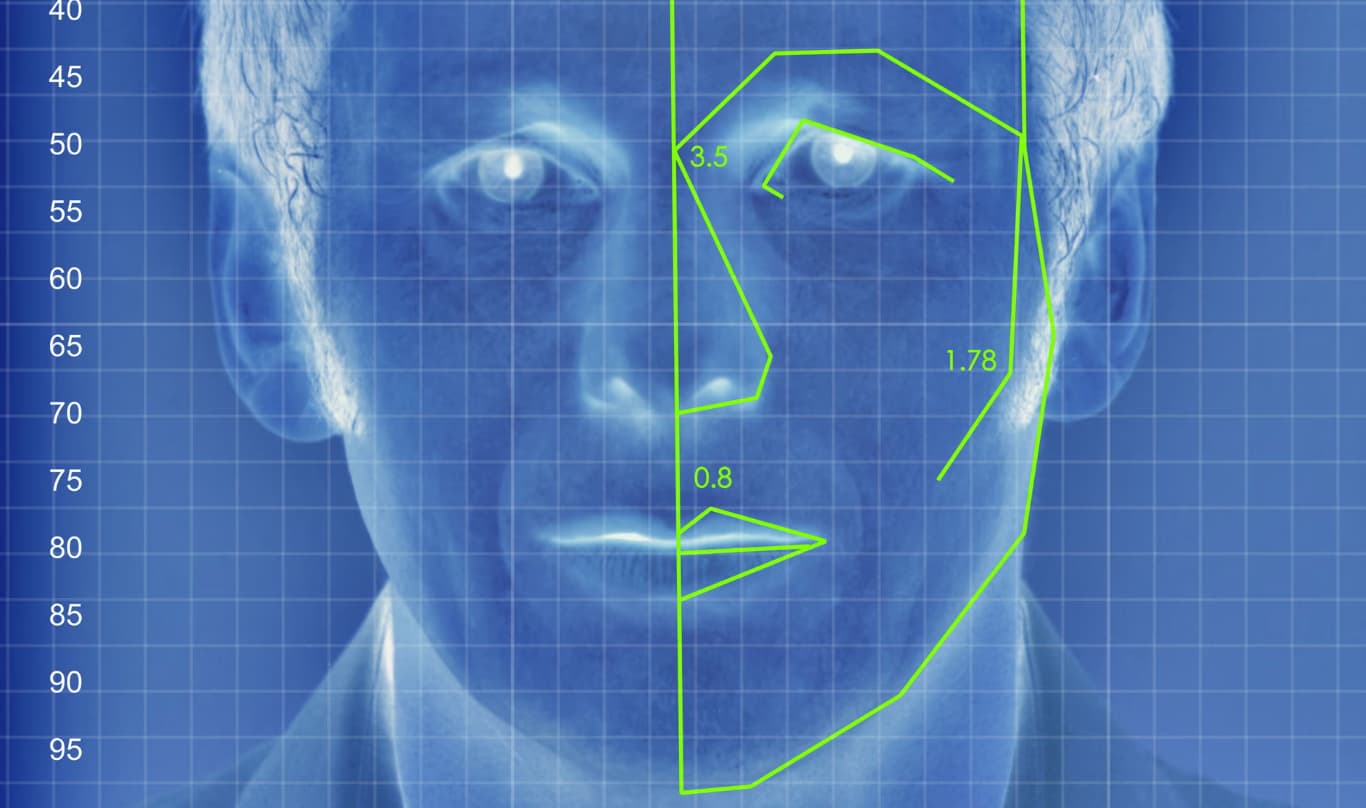While we learn to navigate the new iOS system and plug dirty sentences into ChatGPT, scientists have been hard at work cultivating the future of our technological landscape.
Over the past several months, experts have been toiling away, developing groundbreaking new drugs for diseases like Alzheimer's and Melanoma, using IVF technology to save the white rhino, and growing mini human brains likely just to spice things up.
From A.I. that can detect alien life to "coral gyms" aimed at keeping reefs vibrant and healthy, here are 20 shocking technological breakthroughs that prove we're inching closer and closer to the singularity.
1
The FDA recently approved Amtagvi, a novel cellular treatment that is "designed to fight off advanced forms of melanoma by extracting and replicating T cells derived from a patient's tumor.”
2
“The Japanese are working on developing technology to transmit electricity wirelessly. Their goal is to transmit energy from orbiting solar panels to Earth by 2030. They have successfully transmitted 10 kW of energy 500 meters away.”
3
Scientists can use an A.I. decoder to scan people’s brain activity and translate their findings to text. Using the same technology employed by ChatGPT, this non-invasive system was able to scan brain activity and determine the words the subject had been listening to.
4
Donanemab, a new drug from Eli Lilly, was able to slow down the progression of Alzheimer’s by roughly a third. "We are now entering the time of disease modification, where we might realistically hope to treat and maintain someone with Alzheimer's disease, with long-term disease management rather than palliative and supportive care," explained neurologist Dr. Cath Mummery.
5
Scientists have tested an “inverse vaccine” on mice. They’re unsure whether this tactic is "applicable to human disease in which we don't know the antigen,” but they suspect it could help people with autoimmune diseases have less of an immune response from vaccines.
6
Scientists recently discovered that space time is warped by gravity. To quote SETI Institute astro physicist, Michael Lam: “What we measure is the Earth kind of moving in this sea. It's bobbing around — and it's not just bobbing up and down, it's bobbing in all directions."
7
Scientists have finally sequences the “Y” chromosome, an accomplishment that was described as “notoriously difficult” due to the chromosome’s “complex repeat structure.” This feat comes after the X chromosome was sequenced in 2020.
8
NASA aims to build civilian homes on the moon by 2040.
9
“Sweden is eliminating all cash and will be the first country to be a completely cashless society.”
10
Scientists are attempting to use A.I. to find alien life, developing an algorithm that can purportedly "distinguish between samples of biological and nonbiological origin 90% of the time.” "Put another way, the method should be able to detect alien biochemistries, as well as Earth life," explained Robert Hagen, who co-authored the study.
11
Scientists can now use menstrual blood to track blood sugar using an advanced hygiene product dubbed the “Q-Pad.”
12
Scientists are working on combatting coral bleaching by developing a “coral gym,” which is aimed at teaching coral to adapt to more intense conditions.
13
In September 2023, scientists impregnated a female rhino using IVF, a method that could help bring the species back from the brink of extinction.
14
“Scientists are growing mini brains from human stem cells and are now in the process of integrating with AI.”
15
A South Korean start-up claims they invented a wearable device that allows users to check the mobility of their s—m at home.
16
“There is an AI algorithm that can identify who's gay or not via photograph up to 91% of the time.”
17
Withings created a “digital stethoscope” that allows users to check several vitals — including blood oxygen levels and their temperature — and store their data for future reference.
18
The fastest internet speed ever recorded was 178 terabits per second back in 2020. By contrast, NASA’s internet speed is 400 Gb/s
19
“Only 8% of the world’s currency is physical money, the rest only exists on computers.”
20
Back in March 2024, scientists transplanted a genetically-modified pig kidney into a patient. He passed away two months later, though the hospital noted there was “no indication” that his new kidney was responsible for his death.

